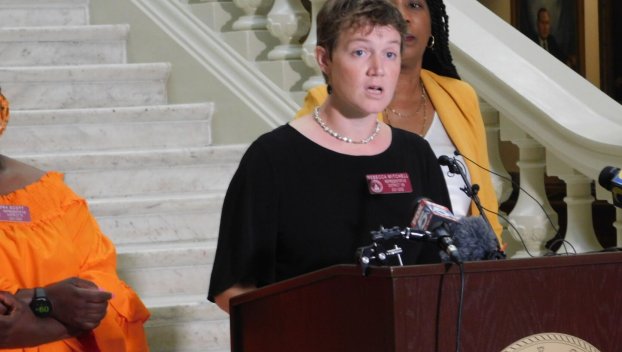
Uncategorized
Politicians continue gun debate amid mass shootings
ATLANTA — Leaders in several states have pushed for state-level special sessions and gun reform to address gun ... Read more

ATLANTA — Leaders in several states have pushed for state-level special sessions and gun reform to address gun ... Read more